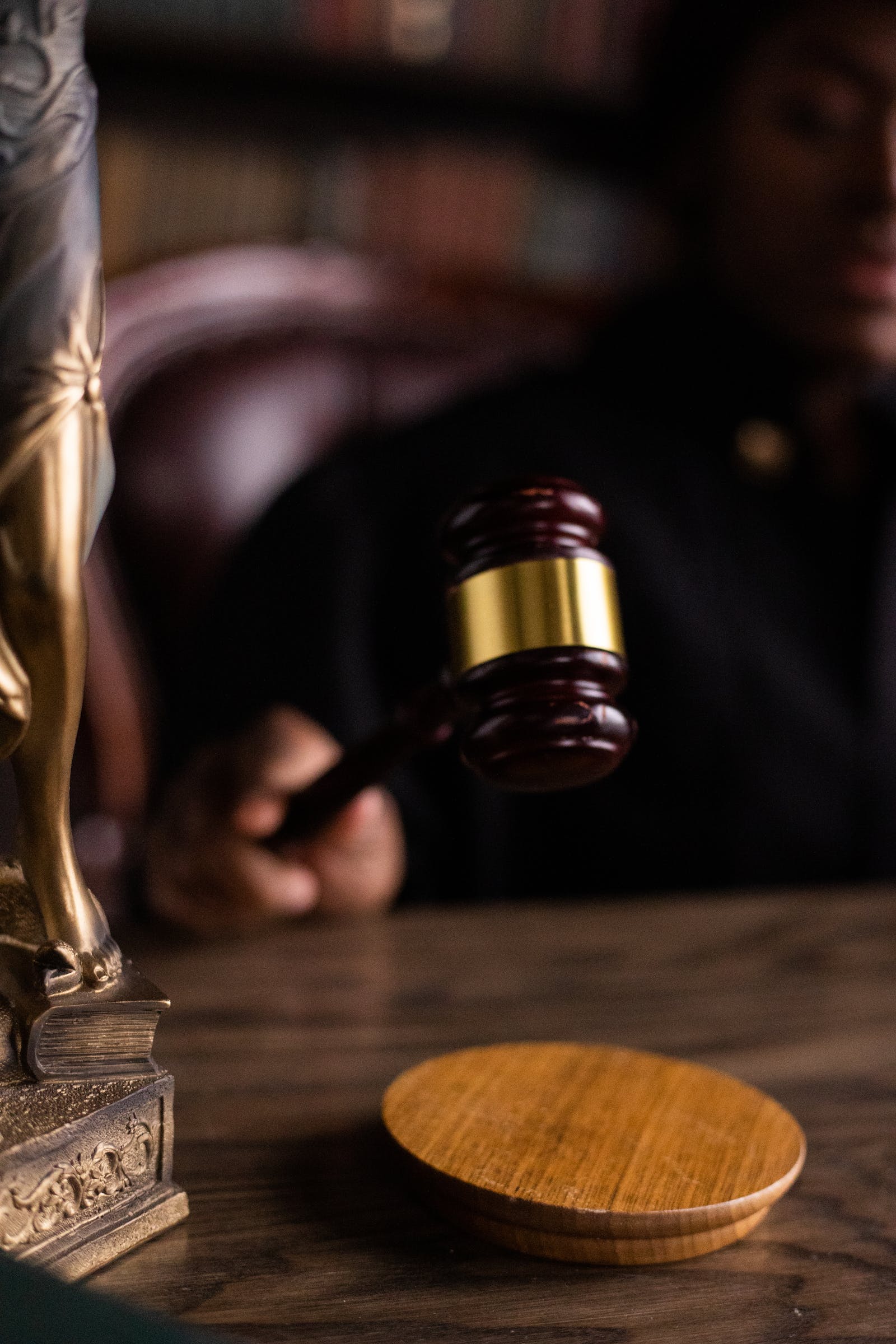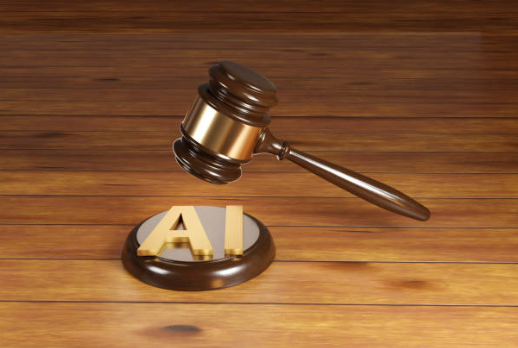It was recently published that the Prime Minister, Binyamin Netanyahu, considers suing a citizen for defamation of character. The citizen, 56 year-old Yoav Salem from the neighborhood of Kfar Shalem in Tel Aviv, shared a publication that defames the Prime Minister and his family members on his Facebook page, according to the allegations.
The first question raised by such news, is whether a Prime Minister may sue a citizen for a Facebook publication. In this case, the answer is clear – the Prime Minister may sue others just like any citizen.
But if the Prime Minister has time to handle lawsuits concerning Facebook shares against him, perhaps he should also take time to ask himself whether the Defamation Law, which was legislated in 1965, can be a sufficient and appropriate basis for such lawsuits. The answer, as he will find out, is equivocal.
The Israeli legislation still does not address the online world. In this sense, the Defamation Law is not unusual, as many other laws, such as the Privacy Protection Law, have not been adjusted by the legislator to the world of the internet. The courts are forced to provide new essential statements about what is right and wrong online, while the legislation provides no resolution. Usually such lawsuits are heard before the Magistrate Court, which certainly should not determine rules and precedents. As a result, judgements on this issue lack uniformity and do not define clearly what is right and wrong online. It should not happen in a developed country.
The world of social media is challenging in itself. Questions regarding the scope of liability of social media users not only remain unresolved, but also raise moral questions with no clear answer. Some might claim, for instance, that when a person "likes" a Facebook post, he is responsible for its additional distribution, as the "like" brings the post to the wall of all his friends. Others would say it is extreme to impose such liability, as only a few seconds pass between the decision to act and the act itself. There should wider support for those who claim that a share on Facebook imposes liability on the sharer, especially as some devastating posts, of the kind that shames others, have brought tragic results in the past.
According to the existing law, in order to establish a civil defamation lawsuit, damage to one person besides the compromised person is sufficient. In order to file a criminal complaint for such publication, damage to at least two people besides the compromised person must be proven. Small distribution might affect the damage recognized by the court, but does not withhold the court from stating, when applicable, that one's reputation was compromised. As a result, any action on Facebook might lead to a civil lawsuit or even a criminal claim, even though the Defamation Law does not specifically address online publications. Is this situation appropriate?
Since the law does not address online publications, it is hard to impose liability on website editors or others for any content that was published on their website, and only the writer can be sued. When we know who the writer is, the case is a little less complicated. However, when the content is anonymously uploaded by users, it poses a bigger problem, as there is no one to sue and it is impossible to demonstrate before the court who was responsible for the publication.
The interface between the law and the internet is indeed complex and raises many questions. Since our Prime Minister can find some time for lawsuits regarding Facebook posts, it might be appropriate if he asks his Minister of Justice to initiate a law proposal to settle this issue. If not for the public, he should at least do so for his own lawsuit.






